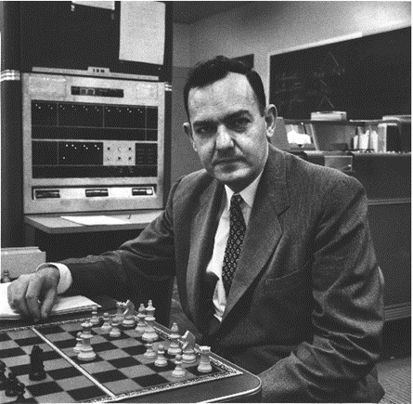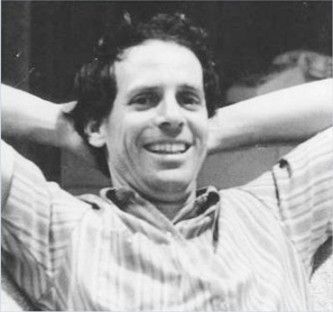
Fourth Lake Como Summer School in Philosophy of Economics.
Villa del Grumello, Como, Italy.
Sponsored by INEM, the University of Insubria, and the University of Milan.
More information forthcoming.
@catemar.bsky.social
@rseri.me


Fourth Lake Como Summer School in Philosophy of Economics.
Villa del Grumello, Como, Italy.
Sponsored by INEM, the University of Insubria, and the University of Milan.
More information forthcoming.
@catemar.bsky.social
@rseri.me
doi.org/10.1080/1350...
You can download up to 50 free copies here:
www.tandfonline.com/eprint/S2UAR...

doi.org/10.1080/1350...
You can download up to 50 free copies here:
www.tandfonline.com/eprint/S2UAR...
I believe it makes a contribution to the recent literature on the epistemic role of narratives in science, particularly in economics.
ssrn.com/abstract=476...

I believe it makes a contribution to the recent literature on the epistemic role of narratives in science, particularly in economics.
ssrn.com/abstract=476...
& many thanks to my colleagues there for the invitation!
This time, I’ll be leading a reading group with Ph.D. students in Economics on some classics in decision theory, including Simon 1955, Ellsberg 1961, and Kahneman & Tversky 1979.




& many thanks to my colleagues there for the invitation!
This time, I’ll be leading a reading group with Ph.D. students in Economics on some classics in decision theory, including Simon 1955, Ellsberg 1961, and Kahneman & Tversky 1979.
Read Nicola's review in the EJHET:
www.tandfonline.com/doi/full/10....

Read Nicola's review in the EJHET:
www.tandfonline.com/doi/full/10....


